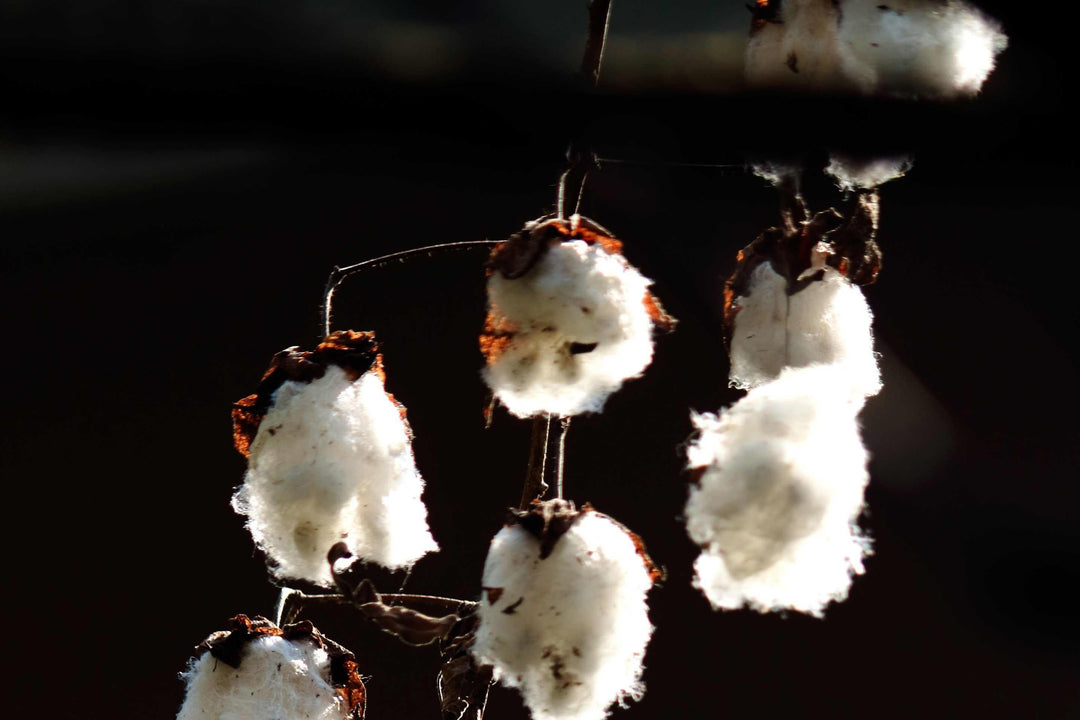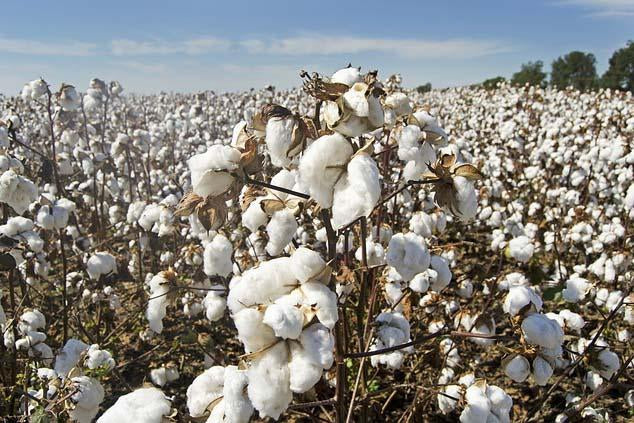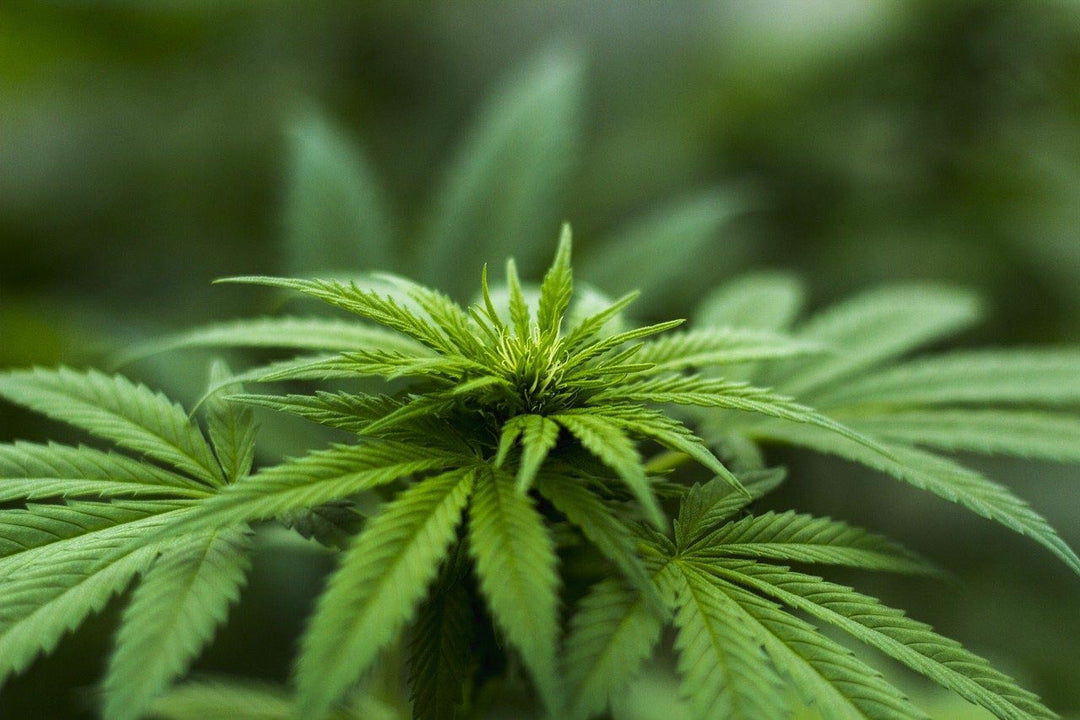Journal

If you’re new to sustainable fashion, you may have some questions: what makes a sustainable fabric? How is it different than conventional fabric? How is it beneficial for the eco-system? Our health and of farmers and factory workers who make the raw material?
In this article, we’ll share some of our favourite sustainable fabrics, why we consider them eco-friendly and how they would make a great addition to your closet the next time you’re looking for a piece of clothing.

Cotton is one of the most popular fabrics globally and undoubtedly the one with a long history. Despite its versatility, durability and popularity, cotton takes a lot of labour to satisfy the current demand for cotton. Because of that, the production is often outsourced to developing countries, where labour is much cheaper.
Currently, 100 million rural households in developing countries are directly engaged in cotton production. As these people are essentially powerless in the grand scheme of fashion production, they're left to be affected by any price fluctuations, rising costs of production, or the effects of climate change.

Change is always driven by the young – and the fashion industry is no exception. Every time we open Instagram or TikTok, there’s a new fashion trend or must-have item that appears out of nowhere. Rising consumerism and the impact of social media has fundamentally changed how we shop. To keep up with growing demand, brands are turning to cheaper production methods and environmentally damaging methods to keep their prices low. Yet not everyone is on board with ‘fast fashion’.

Now that we need sustainable fashion more than ever, it’s never been a better time to rediscover one of the best eco-friendly fabrics – Hemp. Not just for its sustainability but also for its antibacterial and anti-odour qualities! Here are some interesting facts.



